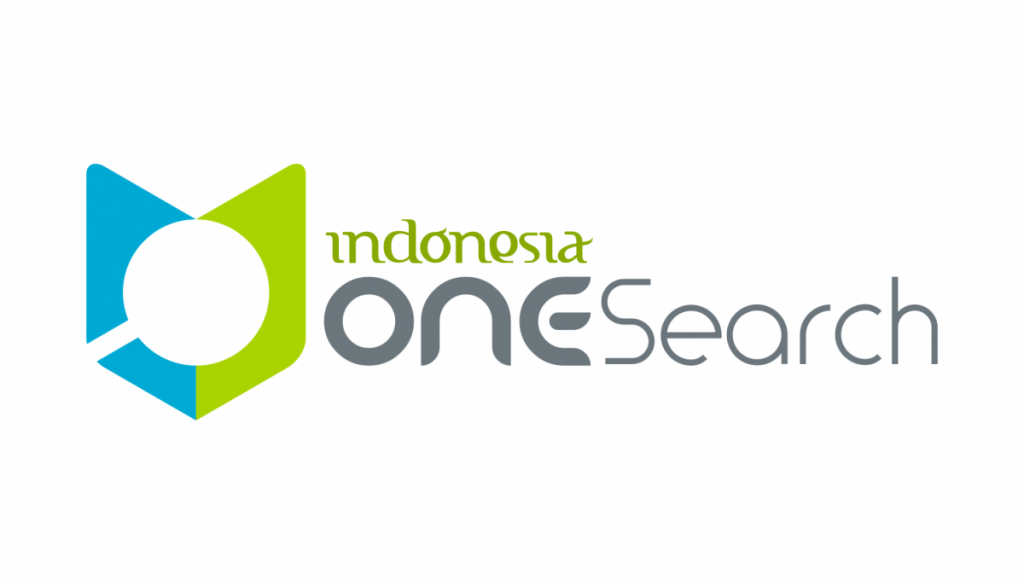Pelatihan e-Faktur Sebagai Upaya Peningkatan Kompetensi Perpajakan Peserta Didik Lembaga Pendidikan Wearnes Malang
 Abstrak views: 220
,
Abstrak views: 220
,
 pdf (English) downloads: 251
pdf (English) downloads: 251
Abstrak
Tax experts are urgently needed since the Directorate General of Taxes has developed an information technology system to facilitate tax reporting, one of which is the e-Faktur application. The obstacle faced is the lack of prospective HR who are proficient in operating e-Faktur applications. Supporting the government program "Tax Goes To School", the target of training activities aimed at Wearnes Malang students as HR candidates so that they are well prepared to enter the world of work. The method used is dummy e-Faktur application workshops and tutorials. The evaluation results showed that the number of participants who were able to make accounting journals and calculate VAT correctly increased from 15 people before the training to 30 people after the training. While of the 30 participants who initially were not able to enter input taxes, output taxes, print invoices and make VAT returns, after the training all participants were able to enter input taxes, output taxes, print invoices and make VAT returns correctly using the e-Faktur application.
##submission.copyrightStatement##
##submission.license.cc.by4.footer##Copyright Notice
Authors who publish with this journal agree to the following terms:
- Authors retain copyright and grant the journal right of first publication with the work simultaneously licensed under a Creative Commons Attribution License that allows others to share the work with an acknowledgement of the work's authorship and initial publication in this journal.
- Authors are able to enter into separate, additional contractual arrangements for the non-exclusive distribution of the journal's published version of the work (e.g., post it to an institutional repository or publish it in a book), with an acknowledgement of its initial publication in this journal.
- Authors are permitted and encouraged to post their work online (e.g., in institutional repositories or on their website) prior to and during the submission process, as it can lead to productive exchanges, as well as earlier and greater citation of published work (See The Effect of Open Access).

















